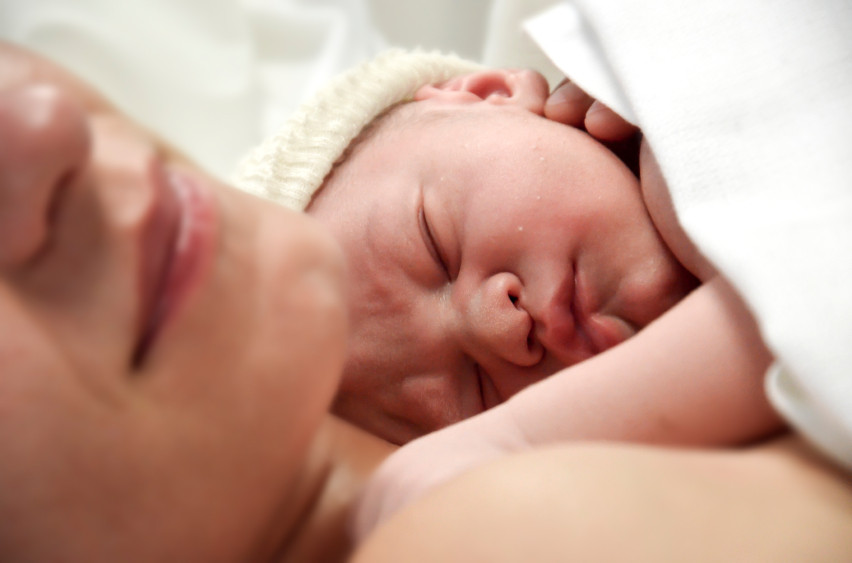
Trying to lose weight? Be careful not to lose muscle

Is your skin problem actually an autoimmune condition?

People with diabetes face higher risk of hearing loss

Antibiotic-free fixes for recurrent UTIs

Musculoskeletal syndrome of menopause: When menopause makes you ache all over

When can older women stop getting mammograms?

To lose weight, especially harmful belly fat, combine diet and exercise

Can men hold off on treating recurring prostate cancer?

The 7 types of rest and why we need them all

What are the early warning signs of cervical cancer?
Pregnancy Archive
Articles
How can I help my daughter deal with her miscarriage?
Ask the doctor
Q. My daughter had a miscarriage a few months ago and since then she has been depressed and withdrawn. Do you know anything I can do to help?
A. Miscarriage can involve a difficult emotional recovery, and many women and their partners are surprised at the intensity of their feelings. Many women who have experienced a miscarriage feel that they have done something wrong. They may worry that the miscarriage resulted from stress or lifestyle choices they made during pregnancy. In fact, most miscarriages are the result of chromosomal abnormalities, structural abnormalities of the uterus, or maternal endocrine or autoimmune disorders.
Where is best for birth: Hospital or home?
By the mid-20th century, most births took place in the hospital. But increasingly, some women are choosing to have their babies at home in an effort to avoid seemingly unnecessary interventions and find an alternative to hospital environments. We don’t have the best data to assess the safety of home birth. But a recent analysis offers insights that can help women make choices based on what they value the most.
C-section rates: Consider this when deciding where to have your baby
For years, there has been concern about the high rate of cesarean births — but just how many cesareans are too many? A recent study suggests that a cesarean rate of 19% is about right. The reasons for high cesarean rates may be related more to each hospital’s circumstances and processes than to other, more commonly cited reasons. If you’re concerned, find out the C-section rate at the hospital where you plan to deliver your baby.
Miscarriage: Keep breaking the silence
Many public figures have begun speaking up about their experiences with miscarriage. While it’s wonderful that they’re breaking the silence, a recent survey has revealed that the general public still has a lot of misconceptions about this surprisingly common event. Dr. Hope Ricciotti shares her reactions to the survey results, and her advice to women experiencing miscarriage.
Treating unexplained infertility: Answers still needed
One of the most common treatments for unexplained infertility is ovulation induction, in which a woman takes drugs that will increase the number of eggs the ovary releases in the hope that at least one will result in a pregnancy. But when too many eggs are available for fertilization, the rates of high-risk multiple pregnancies go up. A recent study compared three drugs used for ovulation induction and found that the one more likely to result in a live birth was also more likely to result in a multiple pregnancy (twins, triplets, or more). The options for treating unexplained infertility remain less than ideal, but careful choices mean that the pregnancies that do result will be safer for moms and babies.

Trying to lose weight? Be careful not to lose muscle

Is your skin problem actually an autoimmune condition?

People with diabetes face higher risk of hearing loss

Antibiotic-free fixes for recurrent UTIs

Musculoskeletal syndrome of menopause: When menopause makes you ache all over

When can older women stop getting mammograms?

To lose weight, especially harmful belly fat, combine diet and exercise

Can men hold off on treating recurring prostate cancer?

The 7 types of rest and why we need them all

What are the early warning signs of cervical cancer?
Free Healthbeat Signup
Get the latest in health news delivered to your inbox!
Sign Up







